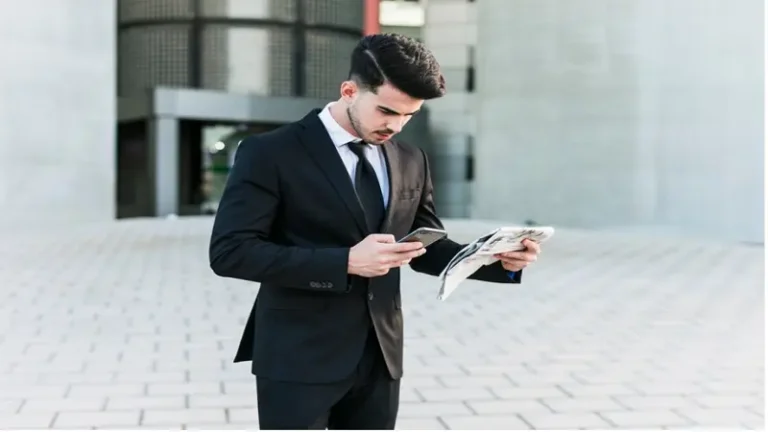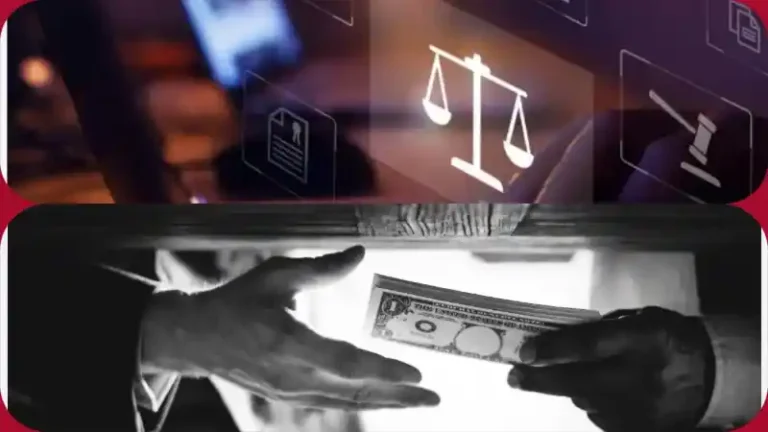angeljessyy leak
In recent years, the issue of privacy breaches, data leaks, and online exposure has become an increasingly important topic. One such case that has captured public attention is the so-called “angeljessyy leak.” For many internet users, the event raised serious concerns about the safety of personal data and the potential consequences of having private content exposed without consent. In this article, we will explore the details surrounding the “angeljessyy leak” and provide practical steps on how you can protect your privacy online.
What Is the “angeljessyy leak”?
The term “angeljessyy leak” refers to an incident where personal, private content associated with the individual known as “angeljessyy” was leaked and circulated online. While the specifics of the leak are sensitive and personal, the public nature of the leak sparked debates about privacy rights, data protection, and the ethics of sharing personal content without permission.
Leaks of this nature can involve private photos, videos, messages, or other sensitive information that individuals did not intend to be shared with the public. Often, these breaches of privacy can have lasting consequences on the affected person’s life and reputation.
Why Is the “angeljessyy leak” a Concern?
Leaks like the one involving “angeljessyy” are concerning for several reasons. First and foremost, they highlight the vulnerabilities people face when sharing content online. Many internet users trust social platforms, messaging apps, and cloud storage services to keep their data safe. When a leak occurs, it can be a shock to those affected, as it undermines this trust.
Additionally, leaks can cause emotional and mental distress. People whose private content is exposed without their consent may experience feelings of violation, humiliation, and anxiety. In some cases, the individuals involved may also face significant social and professional consequences.
The widespread nature of internet content and the speed at which it can be shared further complicates the situation. Once content is leaked, it can be incredibly difficult, if not impossible, to remove it from the internet entirely. This makes leaks a significant concern for those who value their privacy and security.
The Implications of Online Privacy Leaks
Before diving into how you can protect yourself from similar incidents, it’s important to understand the broader implications of online privacy breaches. Privacy leaks can have far-reaching consequences, including:
Damage to Reputation
For many individuals, especially those who are public figures or have a significant online presence, a leaked image or video can lead to long-lasting damage to their reputation. This can affect personal relationships, employment opportunities, and even one’s mental well-being.
Legal Ramifications
In some cases, those who leak private content may face legal consequences. Many countries have laws in place to protect individuals from unauthorized distribution of private content, such as “revenge porn” laws. However, the effectiveness of these laws can vary depending on the jurisdiction, and it may be difficult to hold perpetrators accountable, especially if they remain anonymous.
Emotional and Psychological Impact
The emotional toll of having one’s privacy violated can be severe. Victims of privacy leaks may experience feelings of helplessness, anxiety, and depression. The psychological impact can be long-lasting, and it’s important to recognize that the effects of a privacy breach extend far beyond the immediate aftermath of the leak.
How to Protect Your Privacy and Prevent Leaks
While no one can guarantee complete immunity from online privacy breaches, there are practical steps you can take to protect yourself and your content. Below, we will outline actionable strategies to help safeguard your personal data and reduce the risk of leaks.
1. Use Strong Passwords and Two-Factor Authentication
One of the easiest and most effective ways to protect your accounts from unauthorized access is by using strong, unique passwords. Avoid using easily guessable passwords such as “123456” or “password.” Instead, opt for a combination of letters, numbers, and special characters that make it difficult for hackers to gain access.
Additionally, enabling two-factor authentication (2FA) adds an extra layer of security. With 2FA, you’ll need to verify your identity using a second form of authentication, such as a text message or authentication app, in addition to entering your password.
2. Be Mindful of What You Share Online
Before posting anything online, whether it’s a photo, video, or text, consider the potential consequences if that content were to be shared without your permission. Even if you trust a specific platform or individual, there is always a risk that your content could be leaked.
To reduce this risk, only share content that you are comfortable with the world potentially seeing. Avoid sharing highly personal or sensitive information, such as private photos or videos, through platforms that you don’t fully trust.
3. Secure Your Devices and Cloud Storage
Many leaks occur when hackers gain access to personal devices or cloud storage accounts. Ensure that your devices, including your computer, smartphone, and tablet, are secured with a password, biometric authentication, or encryption.
Additionally, use secure cloud storage services that prioritize privacy. Many services offer end-to-end encryption, meaning that only you can access your content. Choose cloud storage providers that are transparent about their security measures and data privacy policies.
4. Monitor Your Online Presence
Regularly monitor your social media profiles, messaging apps, and cloud storage accounts to ensure that no unauthorized content has been uploaded or shared. If you notice anything suspicious, take immediate action, such as changing your passwords, disabling accounts, or contacting the platform’s support team.
You can also use tools to track your personal data online. Some services offer alerts when your information appears on the dark web or when there are attempts to access your accounts.
5. Report Leaked Content
If you find that your private content has been leaked online, it’s important to take immediate action. Many social media platforms and websites have procedures for reporting leaked content. In some cases, they may remove the content and take action against the individuals responsible for the leak.
In addition to reporting the content, consider contacting legal professionals who specialize in privacy protection. They can guide you through the process of protecting your rights and pursuing legal recourse, if applicable.
6. Educate Yourself About Online Privacy
Staying informed about online privacy risks is essential for preventing leaks and data breaches. Follow news stories about privacy issues, attend webinars or workshops on internet security, and read about best practices for protecting your data.
The more you know about how your personal data can be exposed and misused online, the better equipped you will be to take steps to safeguard it. This knowledge can help you make informed decisions about what you share and how you protect your digital presence.
Conclusion
The “angeljessyy leak” serves as a stark reminder of the risks we face when sharing content online. Whether you are an individual with a private online presence or someone with a larger public following, it’s essential to take proactive steps to protect your privacy and security.
By using strong passwords, securing your devices and cloud storage, and being mindful of what you share online, you can significantly reduce the risk of privacy leaks. If you do experience a leak, act swiftly to report the incident and seek professional assistance to protect your rights.
Ultimately, safeguarding your privacy online requires vigilance and informed decision-making. With the right precautions, you can enjoy a safer and more secure digital life.






